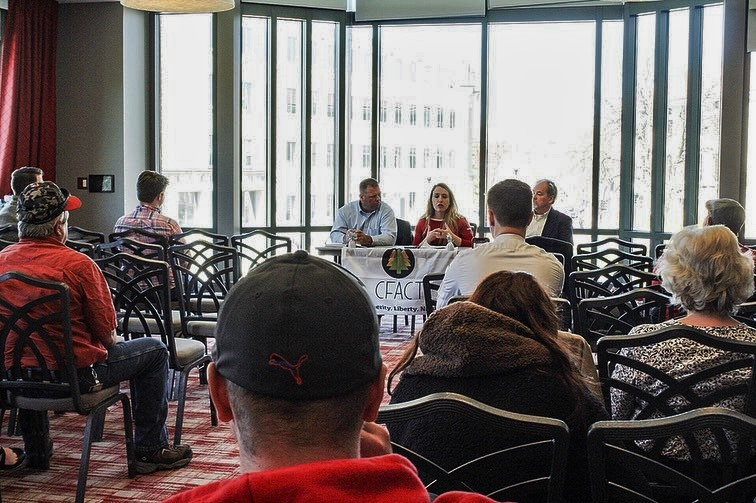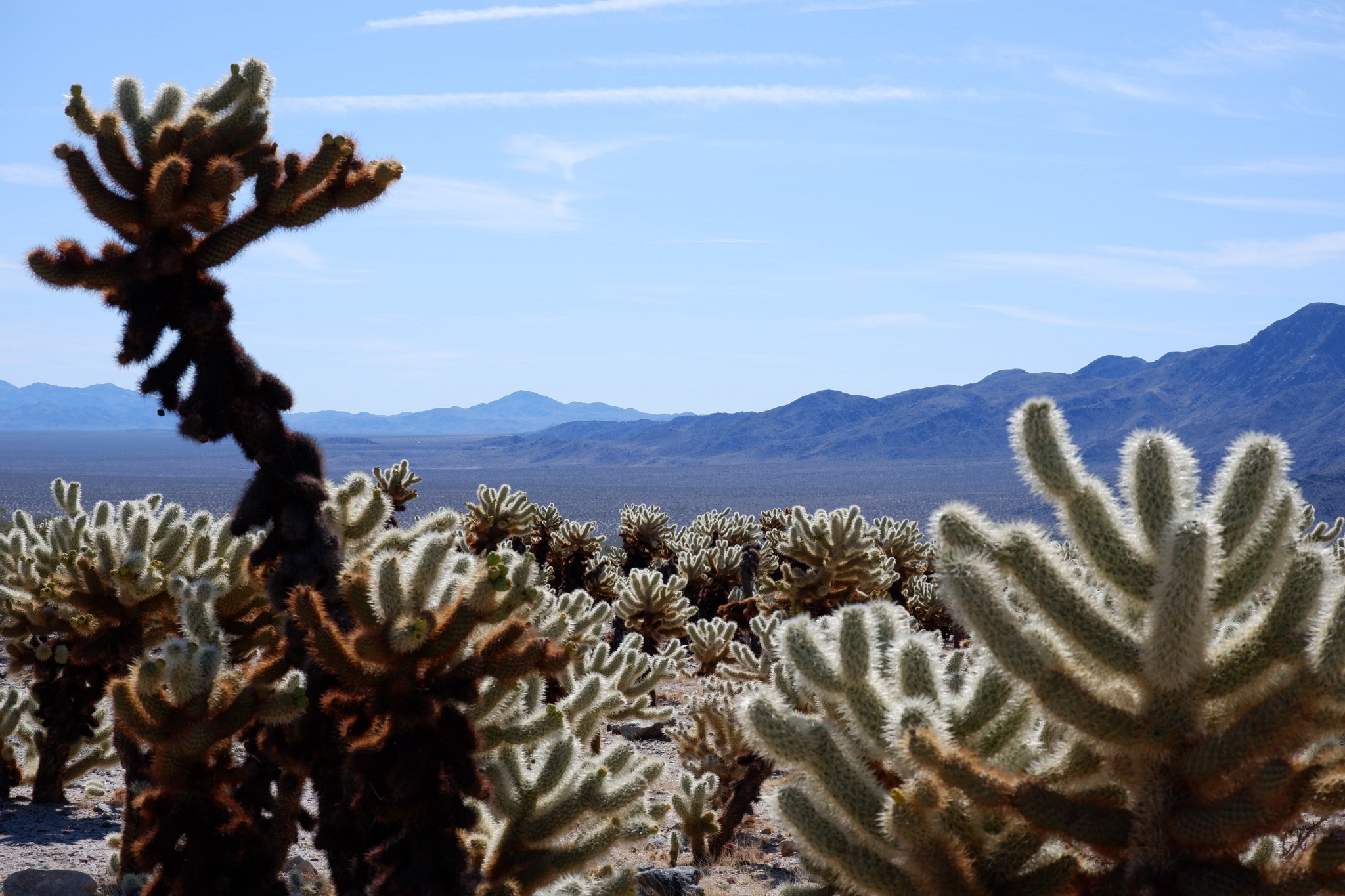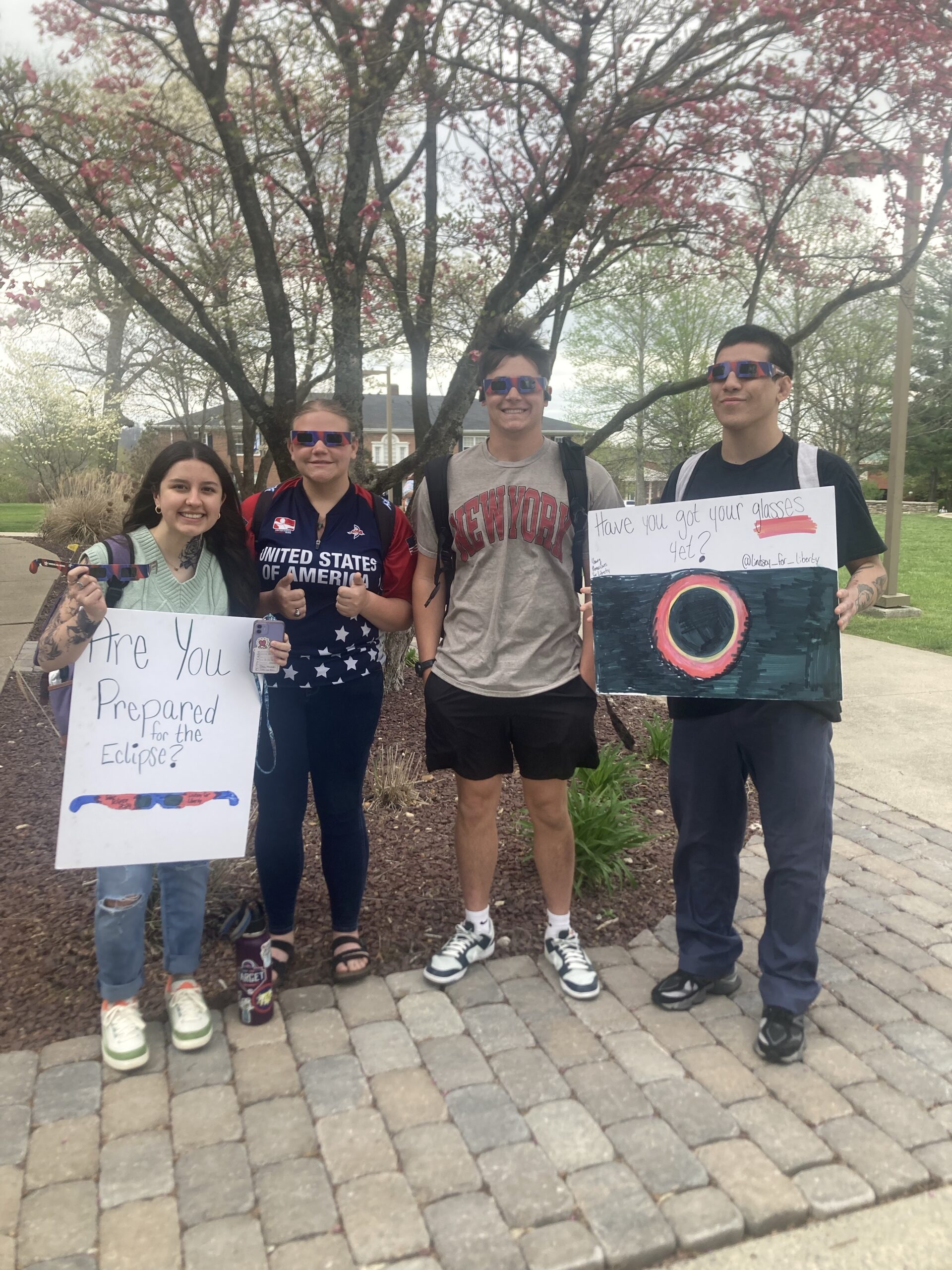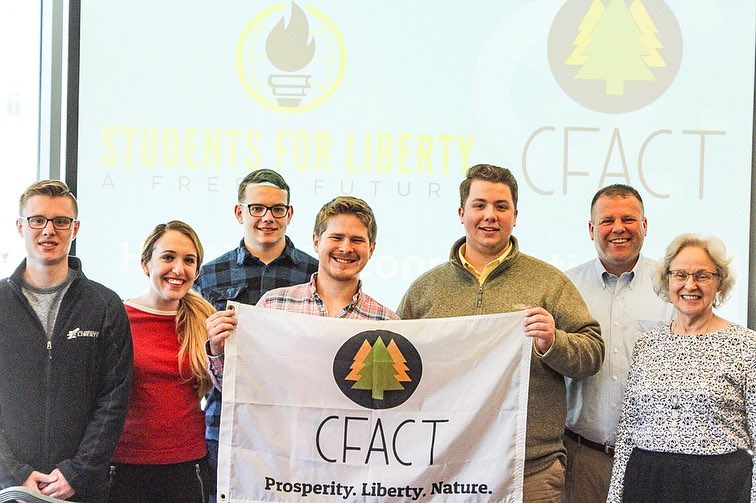
As a part of the Ohio State University’s Time for Change week, which focuses on environmental issues and discussion, the CFACT chapter on campus held a “Hunting is Conservation” panel. The panel featured Gabriella Hoffman, hunting advocate and media expert, Bruce Tague, VP of Government Affairs for the Sportsmen’s Alliance, and Dr. Robert Gates, Associate professor of Wildlife Ecology and Management at OSU.
“I enjoyed having the opportunity to discuss how hunting promotes conservation at OSU,” said Hoffman. “It was a unique opportunity to take an important message to one of the nation’s major campuses. Alongside the two other panelists, Sportsmen’s Alliance’s Bruce Tague and OSU Professor Dr. Robert Gates, we were able to offer our three different accounts into hunting and did our best to prompt discussion among the student body. We encountered both like-minded and even differently-held views and were able to have a calm, productive exchange during the Q&A session.”
“I was super pleased with the turnout and the great discussion we had with our panelists,” explained Kenny Horsley, OSU student and CFACT club president.” I think the event did a great job of conveying the positive benefits of hunting and conservation to all in attendance. I’m very grateful to our panelists who spoke and CFACT donors for helping to put on the event.”
While radical environmentalists like to portray hunting as a very negative thing, without hunters and anglers, there would actually be very little funding for habitat restoration, species preservation, and park rangers.
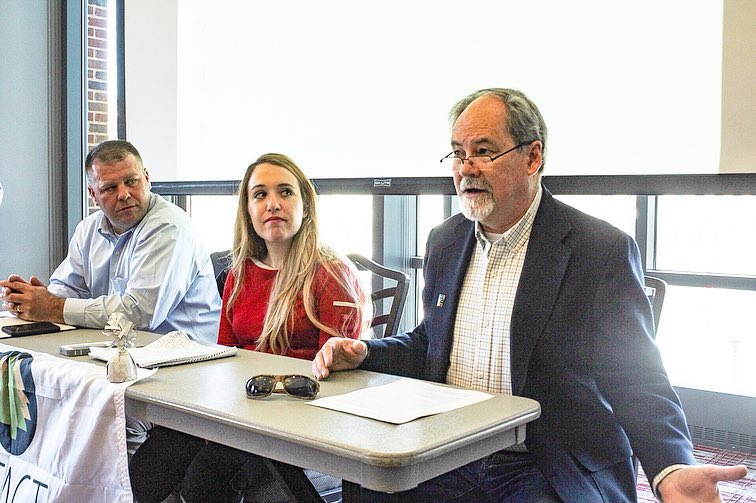
Every time a hunter or fisherman buys equipment or a license, part of those funds go directly to conservation efforts. In fact, 80% of funding for such efforts are provided for by hunters and anglers.
“Hunting as a form of conservation always seemed counter-intuitive to me, but it was very interesting to see that when instituted properly, it can actually help control the populations of animals,” said Jose Gomez.
“I was really interested in what Gabriella had to say, I found her media perspective really interesting. I never realized how harshly hunters were reviewed in the media,” explained Reese Brooks.
Of course, there are bad actors out there. Poaching is a horrible practice that should be prevented at all costs. Too often, however, the media lumps poachers in with responsible hunters. In reality, hunting is providing the funding necessary to reintroduce certain species back into the wild.
For example, the Scimitar-Horned Oryx is extinct in the wild, but is thriving on private ranches in Texas. Hunters will pay big money for the opportunity to hunt on the range, and that money goes directly towards breeding the Oryx for eventual reintroduction into the wild in Africa.
“I learned about how hunting is actually good for the environment,” said Konrad Witek.
CFACT at OSU will continue to be a platform for rational, common-sense environmental policy going forward. Look for more positive impact from these great students in the years to come!
